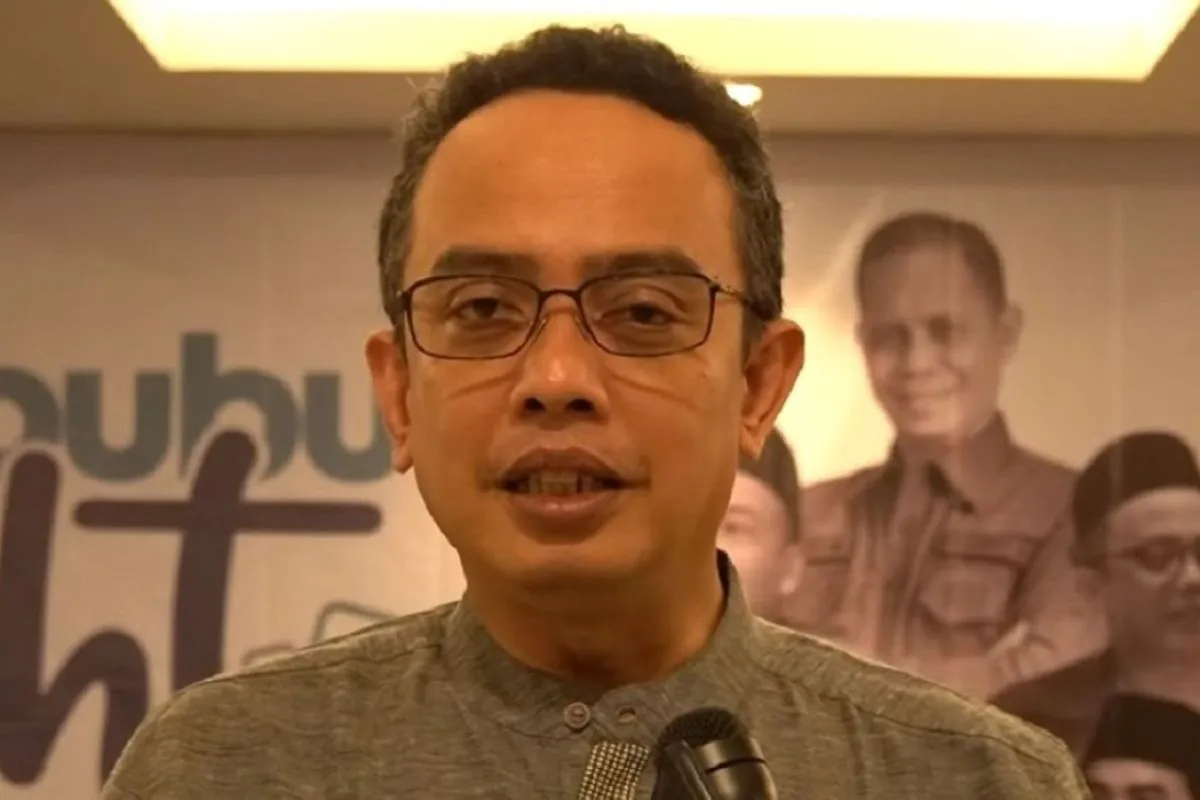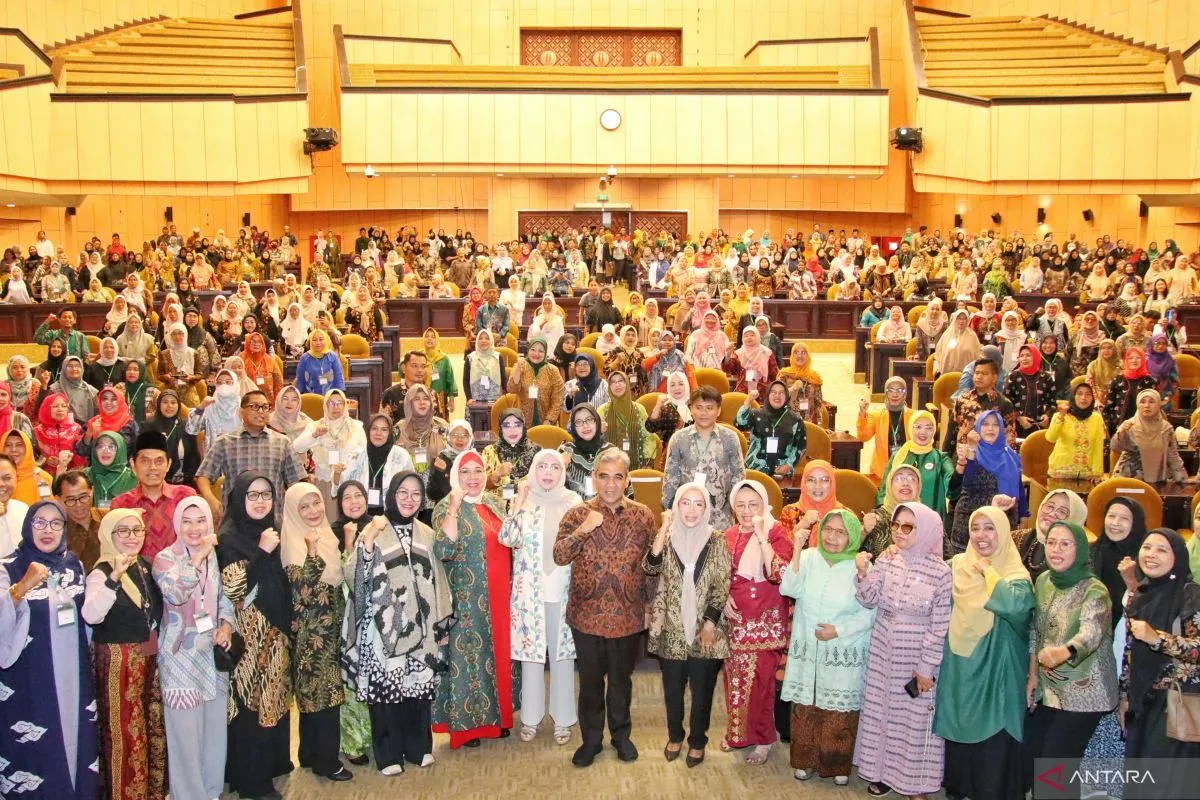inp.polri.go.id - Jakarta. Professor of the State Islamic University (UIN) Sunan Gunung Djati Bandung, Bambang Qomaruzzaman, said moderate religious education is one of the keys to awakening nationalism in the digital era.
Bambang said that this aims to build a spirit of nationalism and protect the younger generation from radicalism and intolerance.
According to him, religious moderation in the context of education can be one solution to the threat of transnational ideology that can damage the nationalism of the nation's children.
"Moderate religious education is not changing religion itself, but changing the way of practicing religion so that it can be accepted by all groups in the public space. Being religious in a moderate way means accepting diversity as capital for living together, not as a barrier," said Bambang.
He believes that moderate religious education will help create awareness of the importance of working together between religious communities to strengthen national solidarity. However, religious education in the current era has lost its context and relevance to everyday life.
Religious education, he said, tends to only focus on textual, core religious teachings without linking it to social issues faced by the nation.
"Religious education that only teaches spiritual values without linking them to real problems in society, makes the teachings lose relevance and feel empty," said the Professor in the field of Education Policy Science.
Therefore, according to him, it is important for educators and religious leaders to adapt, solve existing problems, along with the development of the times. Then, try to package religious material that can be accepted by the current generation in order to attract their awareness to be religious and stately in a good way.
According to him, if the young generation has a moderate spirit in religion in public spaces, then there will be a spirit to maintain unity and cooperation to fight to create a revival of nationalism.
Bambang claims that the moment of national awakening occurs when all citizens feel the need to build a common bond to face the common problem at that time, namely colonialism.
(ad/inp/pr/rs)












